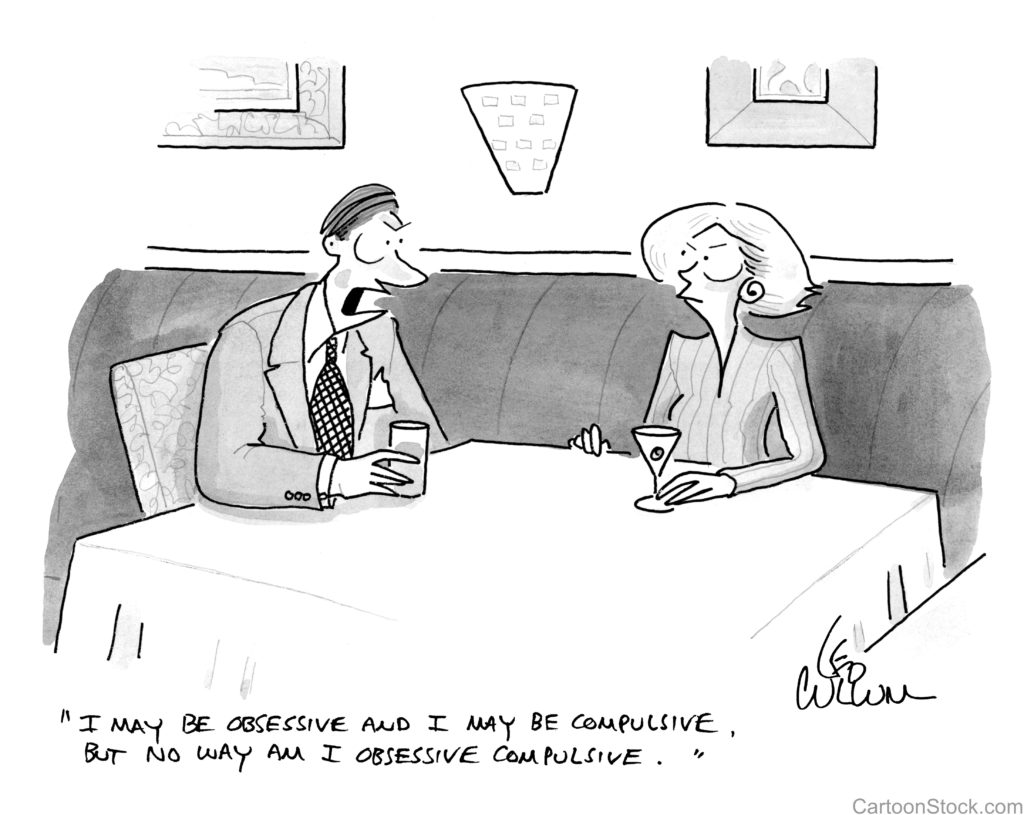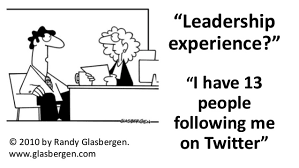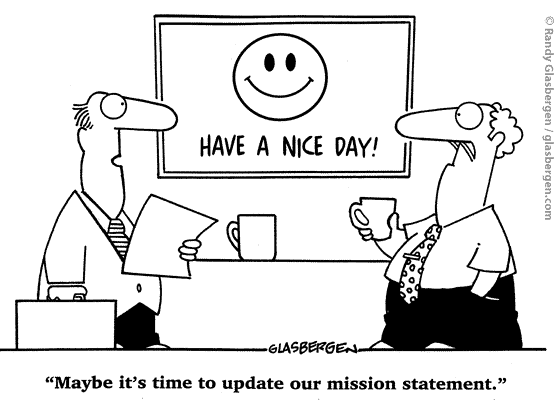 As I write this blog, Mary and I are crossing the Atlantic on our way to the Iberian Peninsula. It takes seven days at sea to make it across the pond. We’ve been together 24/7 in a 189 sq. ft. cabin. We’re doing great. But the constant closeness has made we wonder about the pros and cons of obsessive behaviors.
As I write this blog, Mary and I are crossing the Atlantic on our way to the Iberian Peninsula. It takes seven days at sea to make it across the pond. We’ve been together 24/7 in a 189 sq. ft. cabin. We’re doing great. But the constant closeness has made we wonder about the pros and cons of obsessive behaviors.
Mary is obsessed with neatness and cleanliness. The highlight of her day has been when the cabin steward cleans our cabin (twice daily). She doesn’t want me in the room for several hours after it gets cleaned. She enjoys it that much.
I’m obsessed with time management, particularly being punctual. If I had my druthers, we would live our lives within sight of a large clock that organizes our every minute and beeps when we’re late or wasting time.
Obviously, being neat and clean and being a good steward of time are virtues. Just consider their opposites: being sloppy, unclean, tardy, and wasteful of time.
But there’s a point at which obsessive tendencies become tedious, even unnecessary, inordinate, and bothersome.
Several days ago we needed to leave our cabin at 6:50 p.m. to be on time for a 7:00 dinner. We missed the deadline and I got upset. I didn’t say anything or do anything that I later had to apologize for, but my displeasure was apparent. That was unnecessary. Being late to a dinner is not equal to killing someone with a dull knife. I needed to relax and focus on the larger context.
Several days ago Mary challenged me because, while I had put my socks in the closet on the floor, I did not put my socks on top of the appropriate pair of shoes. Oh my. I think she needed to relax and focus on a larger context.
Through the years, our individual strengths have revealed weaknesses in each other. I am not the neatest person on the planet and Mary is prone to disregard her watch. But through the years, our weakness have been tempered by each other’s obsessions. Mary is now more punctual than she’s ever been, and I am more neat (sort of).
The moral of this essay is: be aware of your obsessions (they can be inherently good or bad) and don’t unduly inflict them on other people. And, instead of pushing back on other people’s obsessions, learn from them, and when appropriate, acquiesce to them.
[reminder]What are your thoughts about this essay?[/reminder]

 I’ve been a student of leadership for forty years. In 1980 I defended my doctoral dissertation on strategic planning and I’ve continued to study the topic of leadership since then.
I’ve been a student of leadership for forty years. In 1980 I defended my doctoral dissertation on strategic planning and I’ve continued to study the topic of leadership since then.
 There are many things in life that we cannot control: other people, the weather, random events…but there are many things we can control and we should focus on those.
There are many things in life that we cannot control: other people, the weather, random events…but there are many things we can control and we should focus on those.